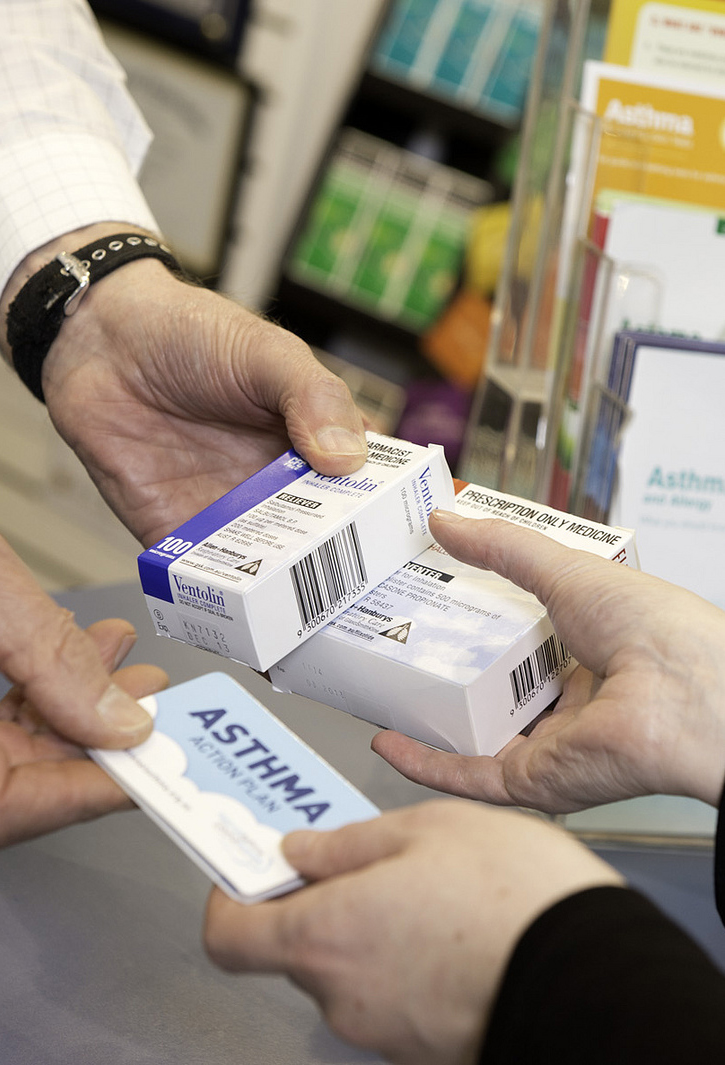
Key Recommendations
The World Health Organization (WHO) should
- ensure that asthma and other chronic respiratory diseases are included as a priority in the outcome document of the 2018 United Nations (UN) High Level Meeting on non-communicable diseases (NCDs);
- develop and disseminate training manuals for asthma management for low-and middle-income countries (LMICs); ensure essential asthma medicines are added to its Prequalification Programme;
- promote the harmonisation, across international reference pharmacopoeias, of quality requirements that govern the production and testing of asthma medicines;
- facilitate the development of independent laboratories for the testing of generic products that are not already approved by a stringent regulatory authority or relevant global mechanism.
Governments should
- include asthma in all their actions resulting from the WHO Global Action Plan for the Prevention and Control of NCDs 2013-2020, and the WHO NCD Global Monitoring Framework;
- ensure their country has a coordinated national strategy towards better measurement of the true burden of asthma, improving access to care and improving adherence to asthma management strategies;
- aim to achieve the UN Strategic Development Goal 3: “ensure healthy lives and promote well-being for all at all ages” to lessen the burden of asthma;
- ensure that essential asthma medicines are on their country’s Essential Medicines List and ensure that they are free, subsidised or reimbursed; develop and implement insurance schemes which will allow patients to access and buy asthma medicines;
- strengthen their national policies, such as those to reduce tobacco consumption, encourage healthy eating and reduce exposure to potentially harmful chemicals, smoke and dust;
- support further research into known asthma triggers and identifying the causes of asthma;
- commit to research that increases the understanding of asthma, its causes, its costs, and lead to improvements in management;
- support the acquisition of new standardised data to track the country and global burden of asthma.
Health authorities should
- collect counts of hospital admissions for asthma among children and adults from defined catchment populations, to monitor trends in asthma over time;
- report national rates of asthma deaths in children and adults to monitor progress in asthma care, and as an early warning of epidemics of fatal asthma;
- monitor the availability and costs of asthma medicines;
- develop new ways to target and deliver asthma care in diverse health systems and contexts, and assess their cost-effectiveness, affordability and feasibility;
- in LMICs recognise asthma as an important public health issue, include asthma in all their actions and set up a national programme to improve asthma care and limit costs.
Health professionals, professional societies and patient organisations should
- encourage patient advocacy to improve asthma outcomes;
- support the government in developing asthma guidelines which are adapted to the national situation;
- actively participate in improving asthma programmes by assisting in improving correct inhaler technique and adherence to treatment;
- ensure that their country joins the Global Asthma Network.
